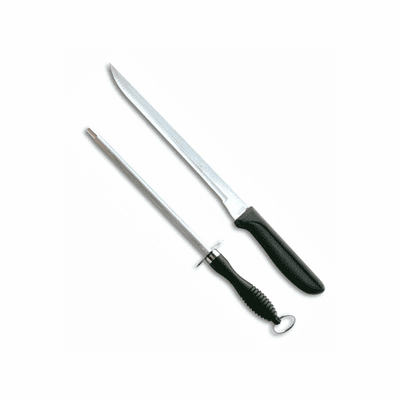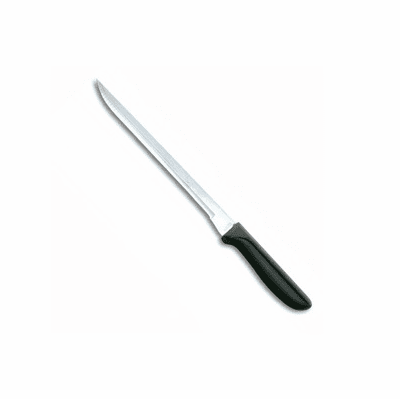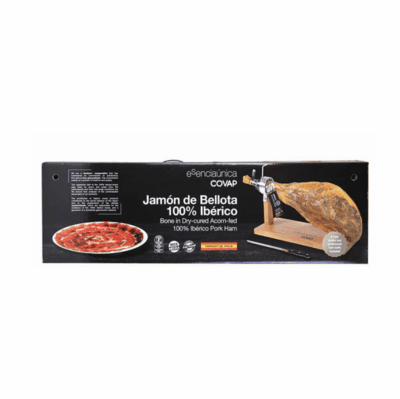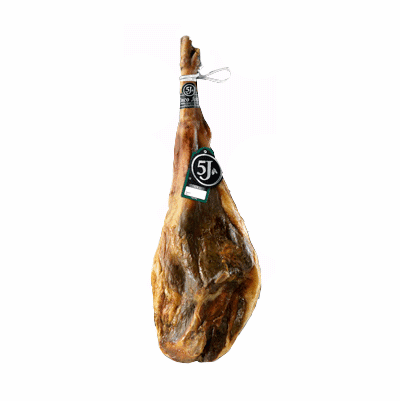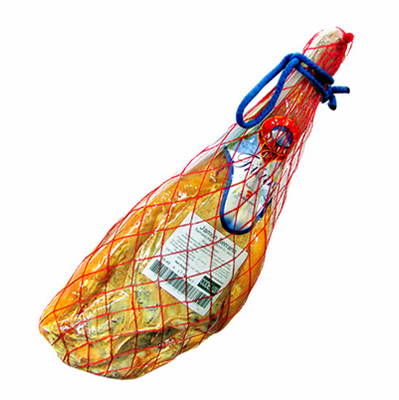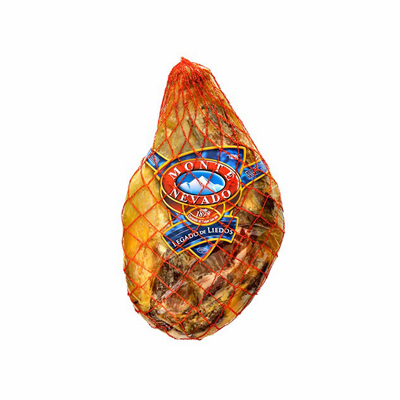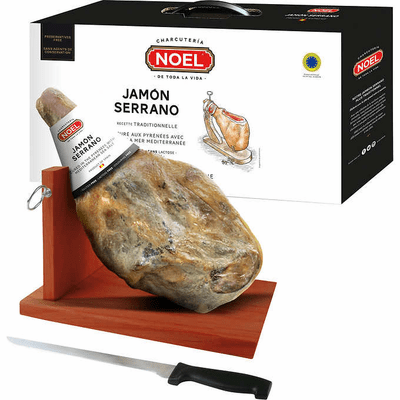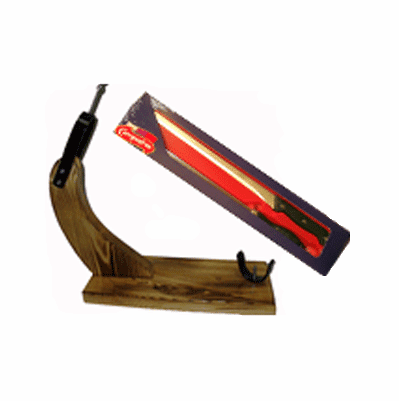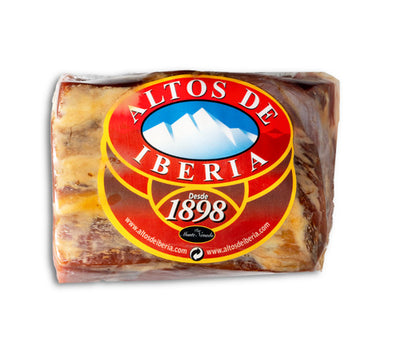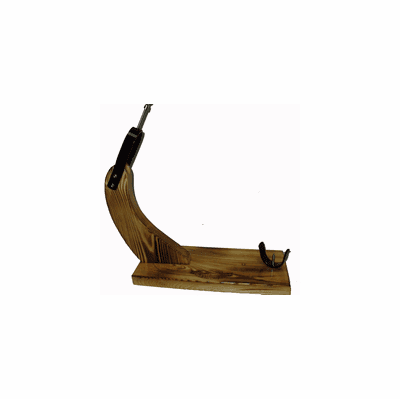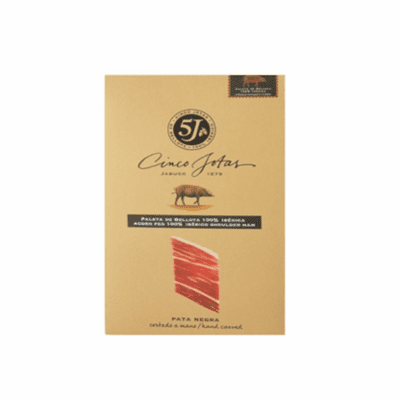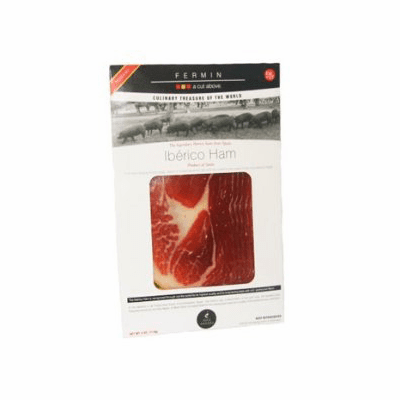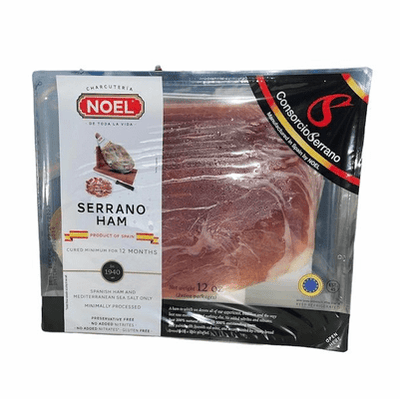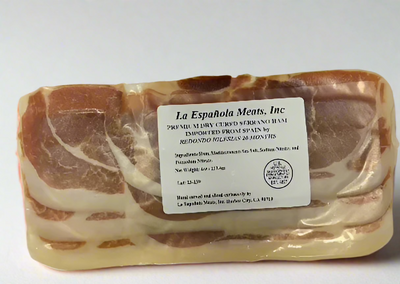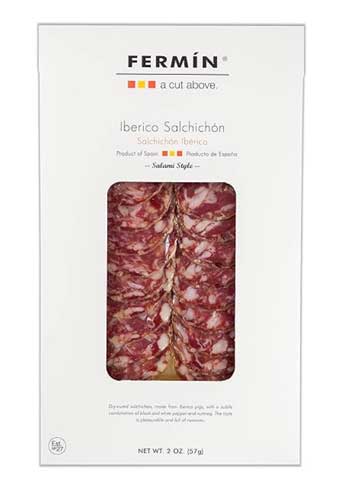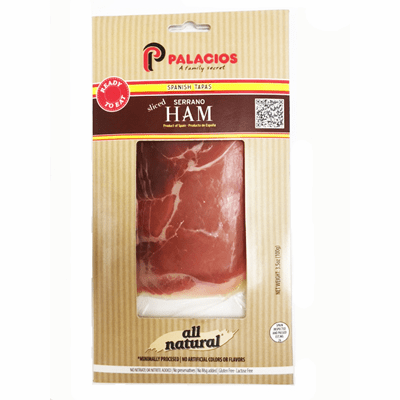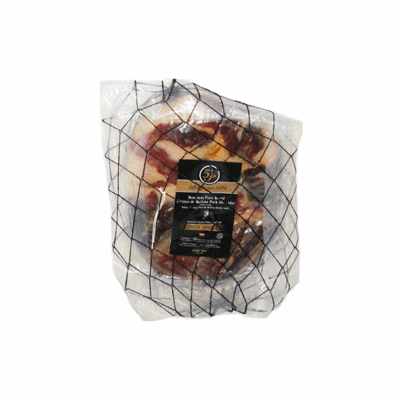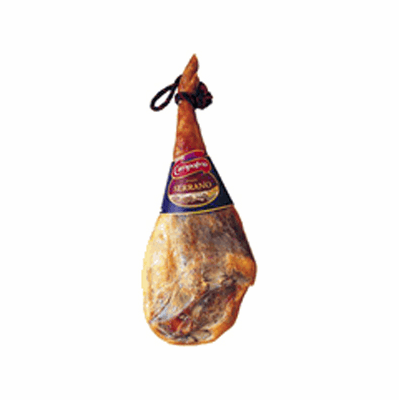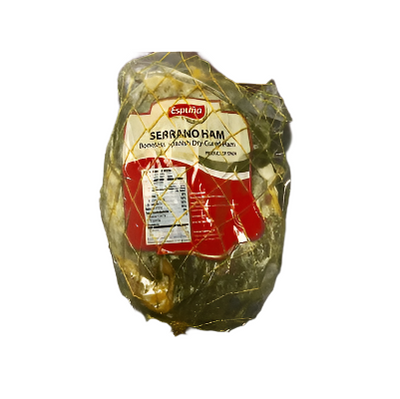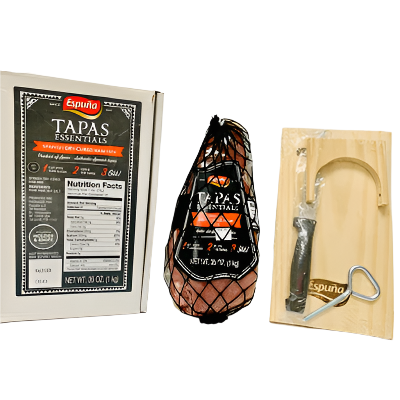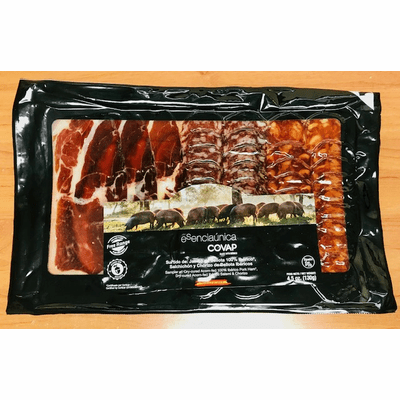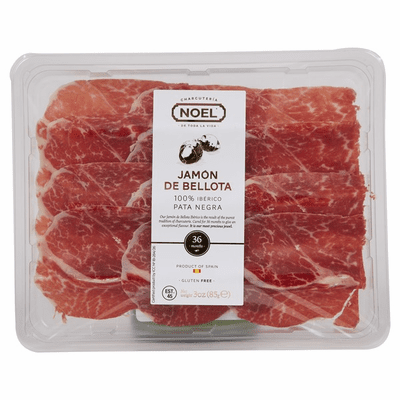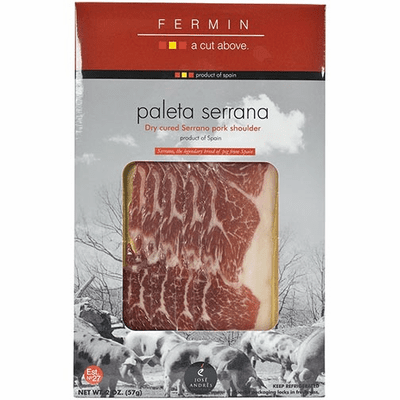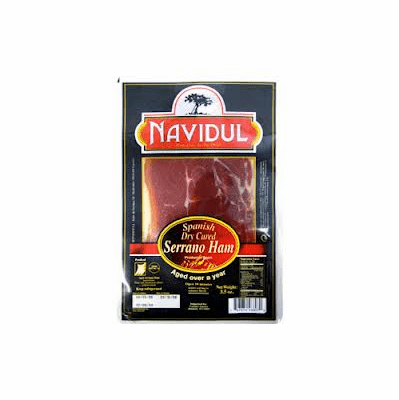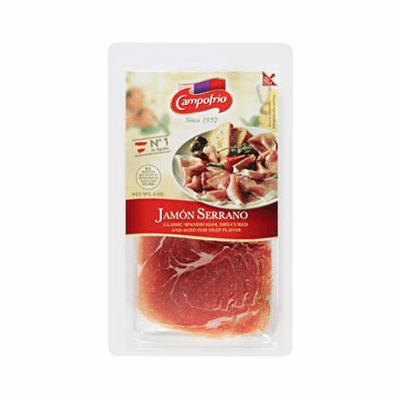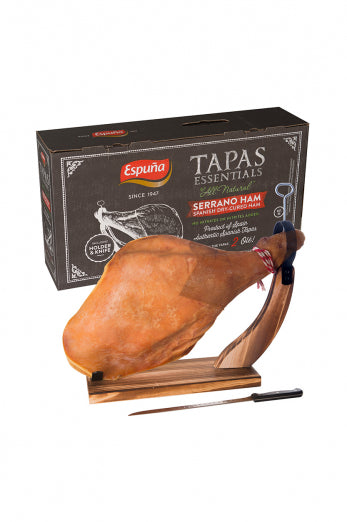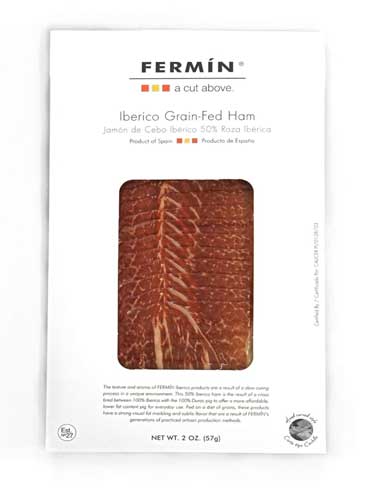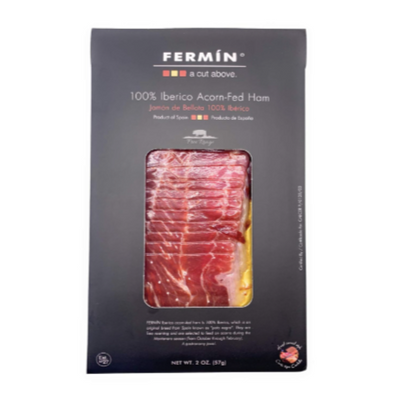
Shop Spain's World Famous Jamón
Jamón from Spain is one of the country's culinary treasures. It's celebrated worldwide for its exquisite taste, quality, and the traditional methods used in its production.
There are two main types of jamón from Spain, each with distinct characteristics:
Jamón Ibérico - Shop Jamón Ibérico
- Origin: Made from the black Iberian pig, native to the Iberian Peninsula.
- Diet: The highest quality Jamón Ibérico, known as "Jamón Ibérico de Bellota," comes from pigs that roam oak forests (dehesas) and feast on acorns during the montanera (acorn season).
- Flavor: This diet imparts a rich, nutty flavor to the fat, which is marbled throughout the meat, making it exceptionally tender and flavorful.
- Curing Process: Cured for a minimum of 24 months and often much longer, the process contributes to its complex flavor profile.
Jamón Serrano - Shop Jamón Serrano
- Origin: Made from several breeds of white pigs, such as Duroc, Landrace, or Large White.
- Diet: These pigs are typically farm-raised on grain.
- Flavor: Jamón Serrano has a slightly saltier taste and a firmer texture compared to Jamón Ibérico.
- Curing Process: It is cured in the cool, dry air of high-altitude curing houses for at least 12 months, though some producers may cure their hams for up to 24 months.
Jamón's Cultural Significance in Spain
Jamón is deeply ingrained in Spanish culture and cuisine, often served as a tapa, in sandwiches (bocadillos), or as part of traditional dishes. It is typically sliced very thin and can be enjoyed on its own, with cheese and bread, or as a part of more elaborate preparations.
The production of Jamón is considered an art in Spain, with each region having its own variations and protected designations of origin (PDOs), such as Jamón de Guijuelo, Jamón de Jabugo, and Jamón de Teruel, among others. These designations ensure the quality and authenticity of the ham, reflecting the traditional practices and environmental conditions of each area.


